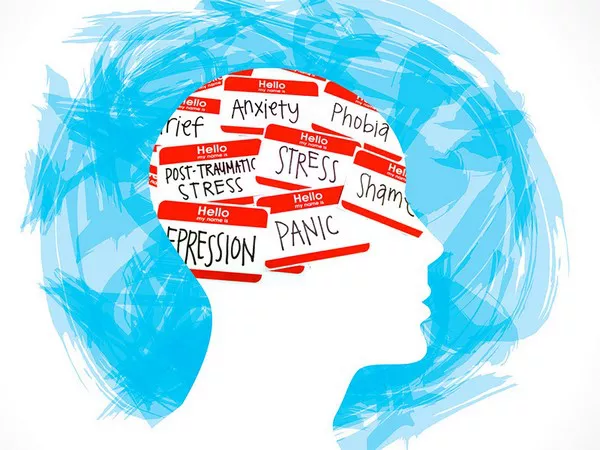The journey of pregnancy and childbirth is often portrayed as a time of joy and celebration, yet for many women, it can also be fraught with emotional challenges. According to the World Health Organization (WHO), approximately 10 percent of pregnant women and 13 percent of new mothers experience a mental disorder. In developing countries, these figures may be even higher, underscoring the need for greater awareness and support for maternal mental health.
The National Child & Maternal Health Education Program highlights that pregnancy and the arrival of a new baby can trigger a range of emotions in women. While feelings of anxiety or sadness are common and often transient, for some women, these emotions can escalate into more serious mental health concerns.
Baby Blues: Navigating Mood Swings
Often dismissed as a normal part of the postpartum experience, the “baby blues” can nonetheless be unsettling for new mothers. Characterized by mood swings resulting from hormonal fluctuations during and after childbirth, the baby blues affect up to 80 percent of women and typically manifest three to five days after delivery, according to Mental Health America (MHA). While these symptoms generally resolve as hormone levels stabilize, persistent or worsening mood disturbances may signal the onset of postpartum depression.
Postpartum Depression: Recognizing the Signs
Affecting one in five new mothers, postpartum depression is a serious yet treatable condition, as noted by Johns Hopkins Medicine. It is the most common complication of pregnancy and poses a significant risk to maternal well-being, with implications for both the mother and the child. Symptoms of postpartum depression can include persistent sadness, anxiety, anger, irritability, sleep disturbances, and intrusive thoughts, including those of harming the baby. Women with a history of anxiety or mood disorders, a family history of postpartum mood disorders, or certain genetic predispositions may be at higher risk.
Postpartum Psychosis: Understanding Rare but Severe Symptoms
In rare instances, new mothers may experience postpartum psychosis, a condition characterized by rapid and severe onset of symptoms within the first two to three weeks following childbirth. Although uncommon, affecting approximately one-tenth of one percent of new mothers, postpartum psychosis demands immediate attention due to its potential severity. Symptoms may include refusal to eat, heightened agitation, confusion, paranoia, and preoccupation with trivial matters. Hospitalization may be necessary to stabilize the mother’s condition and ensure her safety.
Supporting Maternal Mental Health
It is crucial for families and caregivers to be aware of the possibility of these conditions arising during and after pregnancy. Early intervention through therapy and medication can significantly alleviate symptoms and promote recovery. By fostering a supportive environment and promoting open dialogue about maternal mental health, communities can play a pivotal role in ensuring the well-being of new mothers and their families.


